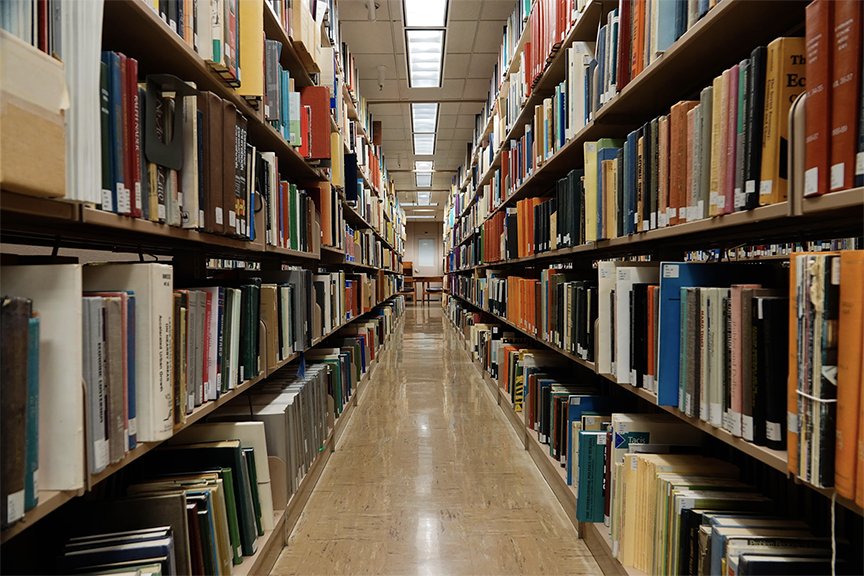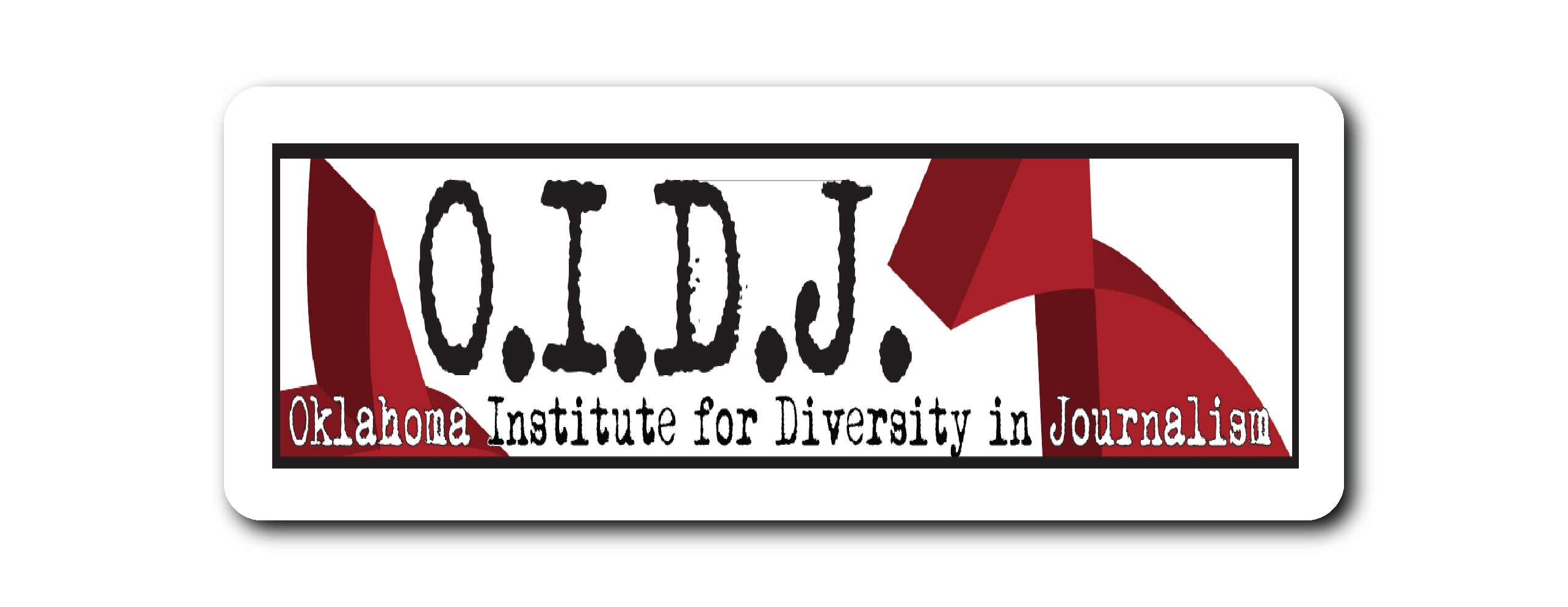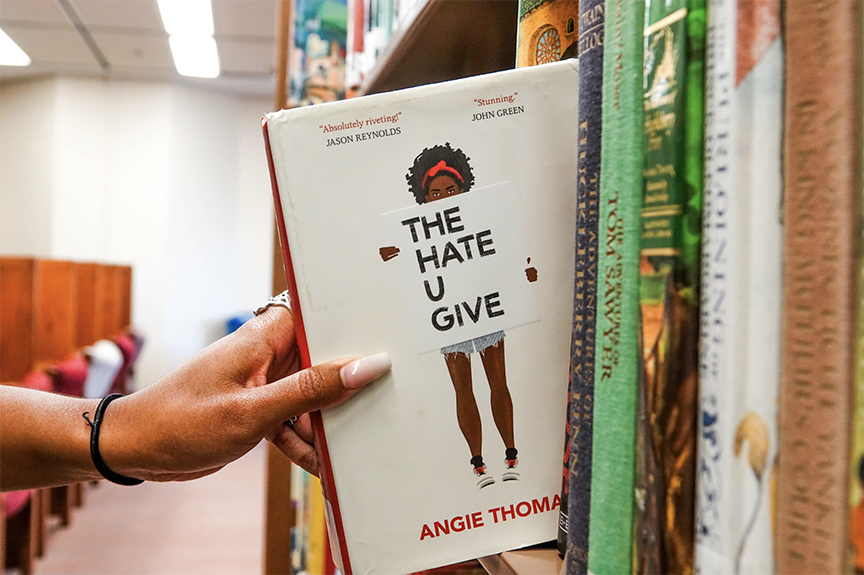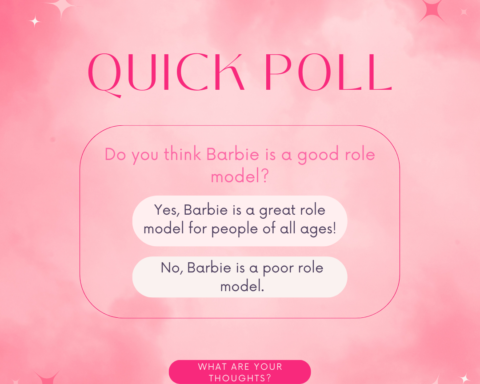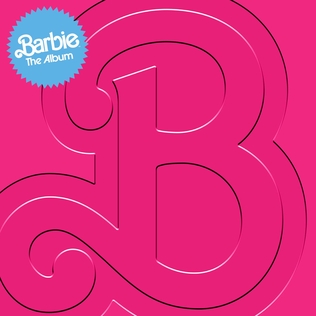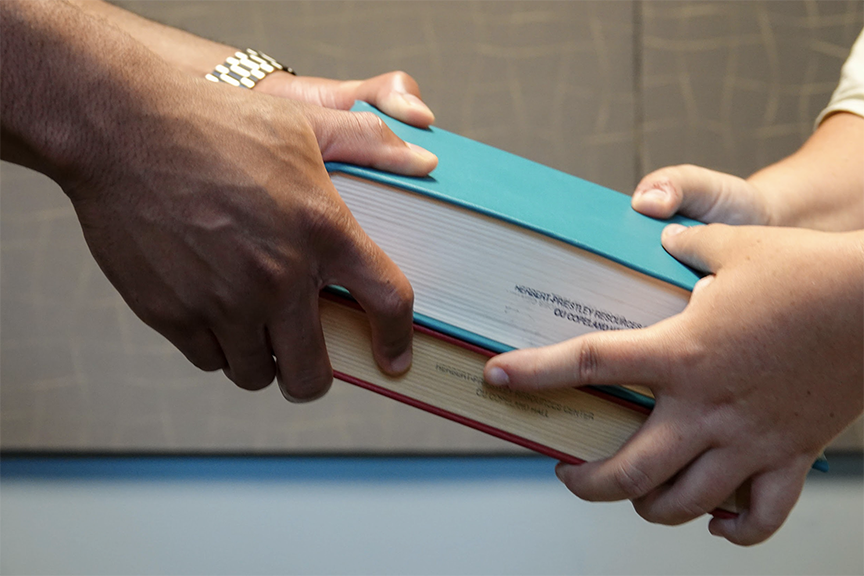
By Santos Castaneda, Bartlesville High School
As kids are preparing to head back to school this fall, some students may find several book titles either restricted or banned from their school’s library shelves.
Book bans are not a new topic to the U.S., with the first book ban in what’s now the U.S. dating to the Puritan era in 1637. However, in recent years more and more books have been removed from the public school library shelves and from students’ grasp.
In Oklahoma, there is a change being put upon all public schools due to a new law. On March 4 state officials passed Senate Bill 327. The bill calls for all books to be rated by age appropriateness and requires parents/guardians to sign permission slips before kids can read books with heavy themes.
This legislation goes hand in hand with House Bill 1775, which prohibited schools from have lessons and/or contents containing themes about race, gender, or sexual orientation that may make a student uncomfortable. Books like To Kill a Mockingbird, Narrative of The Life of Frederick Douglass, The Hate U Give, I Know Why The Caged Bird Sings, and more are being either banned or restricted access. Proponents reason these books have racist material and/or heavy themes of abuse, sex, LGTBQ+, gender, and substance abuse.
Oklahoma State Rep. Jacob Rosecrants, Democrat from Norman, argues that the bans and restriction of books are targeting sensitive content in the books, but rather the minority groups that are highlighted by these themes. Rosecrants said that Republicans are forcing fear onto young people in these minority groups as a tactic to try to control them with the book bans/restrictions.
“It’s more hatred toward certain groups, rather than ‘Let’s ban the books’” Rosecrants said. “What you’re seeing right now is just, it’s all about fear mongering, and just pushing fear and saying ‘this is happening.’”
Tristan Breath, a recent OU graduate, believes that book bans are an attempt to restrain the ideas students may find in some books.
“Book bans are a way that people are trying to limit the spread of information and are overwhelming like the spread of people knowing other cultures,” Breath said.
Rosecrants shares similar feelings and believes that students should be able read these books. They contain valuable life lessons and help young people view the world in a different way. He also thinks that when you take away these resources, you’re taking away someone’s judgment and voice.
“It’s OK to listen or to read things that make you feel uncomfortable. It’s OK. If anything, it helps you grow” Rosecrants said.
Breath not only thinks that when you take away these resources you’re not only taking away their judgment and voice, but also cultures and how people can learn and respect them.
“If you’re a white kid from Norman, Oklahoma, and you’ve never encountered those types of people in your real life and you’re able to understand a part of our culture, or other people’s lived experiences through books, then that’s just taken away from you,” said Breath.
The ongoing developments with these book bans and restrictions are largely constructed by state officials and their legislation, something Rosecrants believes should be something left up to the people in their local communities.
“We’ve always had local ways to question and to remove books from library shelves, school library shops, always. I’m 45 years old, and we’ve always had that option” said Rosecrants.
Although Breath doesn’t agree with book bans at all, on a local level, she thinks it could be more fair than state government involvement. She feels like in a smaller setting, more people would be willing to come forward and talk to local officials than to state officials. She further believes the government didn’t put these laws into place to protect people from offensive media. Instead, she said they put these rules into place because they are worried about how the public will proceive the government with the knowledge of the media in hand.
“The government involvement is just a huge overreach,” Breath said. “They are wanting to limit those voices. It is very deliberate and it’s clear but they’re scared of what those voices have to say,” Breath said.
Are Republicans genuinely trying to help students from consuming possibly harmful media through book bans/restrictions ? Or are they trying to dictate students’ media and do more harm than damage as suggested by Rosecrants and Breath?
Either way, a shift in the selection of books available in public school libraries will be seen and set into place this coming school year, possibly leaving the future generation of children in literature in a world unknown.
